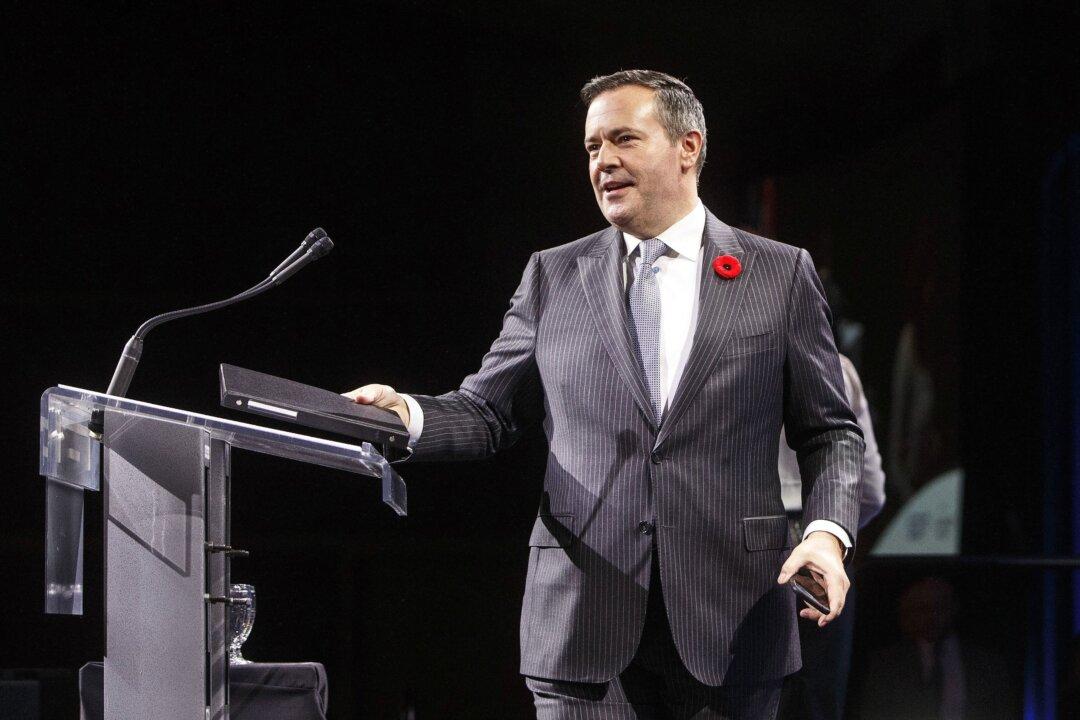Commentary
“Who has seen the wind?” asked Canadian W. O. Mitchell in his 1947 novel. In Alberta, the answer is just about everyone, as the winds of political discontent blow more fiercely than they have in decades.

“Who has seen the wind?” asked Canadian W. O. Mitchell in his 1947 novel. In Alberta, the answer is just about everyone, as the winds of political discontent blow more fiercely than they have in decades.